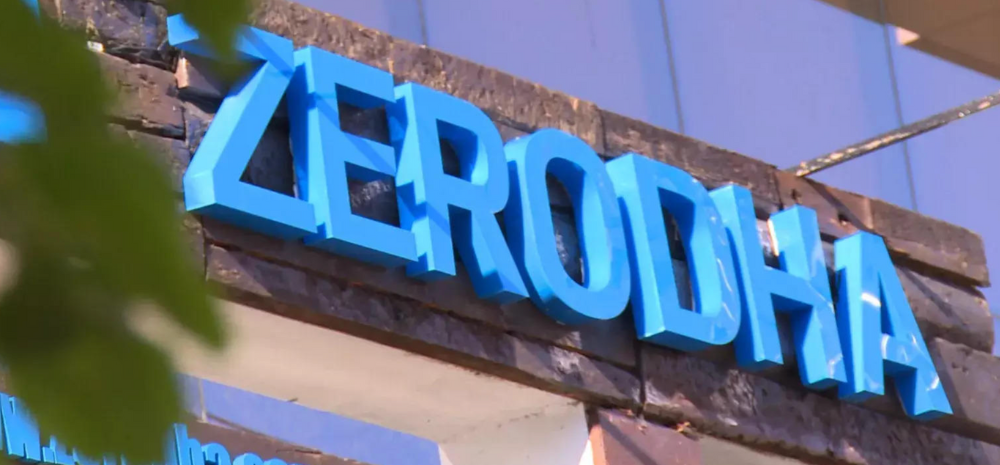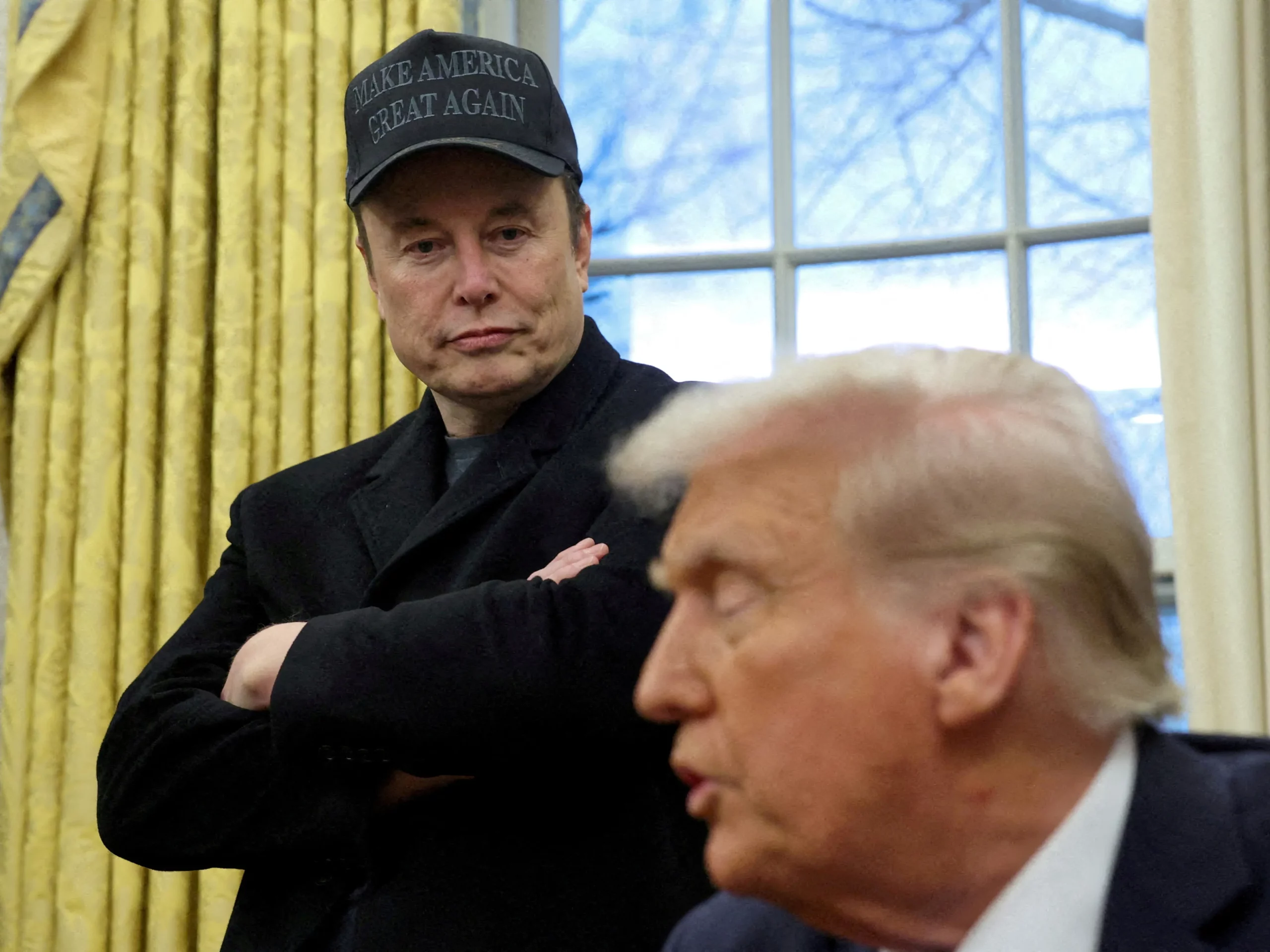India’s biggest discount broker, Zerodha, may have to increase the costs associated with trading derivatives and give up on its zero-brokerage business.

The mandate from SEBI for consistent costs that aren’t depending on trading volumes is what caused the move.
Zerodha To Increase Raise Derivative Trading Fees
High-volume brokers usually pay fewer fees to exchanges, which permits brokers to offer traders reduced fees—a practice SEBI seeks to stop.
Brokers, traders, and investors will be greatly impacted by the new fee structure, which takes effect in October.
The CEO of Zerodha, Nithin Kamath, declared that there will probably be no more zero brokerage and that there would be an increase in brokerage for futures and options (F&O) contracts.
As per Kamath, “With the new circular, we will, in all likelihood, have to let go of the zero brokerage structure and/or increase brokerage for F&O trades.”
Pricing model revisions are anticipated across the board.
Angel One, SMC Global Securities, Motilal Oswal, Geojit Financial, and Dolat Algotech are among the brokerages whose shares have experienced a decline of 3% to 8%.
BSE Faces 3.5% Decline
BSE had a roughly 3.5% decline, while 5Paisa Capital finished flat.
Because of the increasing trading activity this year, certain brokerage stocks have surged by 50%–124%.
Exchange transaction fees are essential for sustainability because they account for 15%–30% of the revenue of large brokers and more than 50% of bargain brokers.
The CEO of FYERS, Tejas Khoday, issued a warning, stating that discount brokerage business models could become unstable if exchange transaction fees were passed through 100%.
Kamath projected a 10% impact on Zerodha’s revenue and a 10%–50% impact on the industry. In an effort to control the situation, SEBI has voiced concerns about the growing dangers associated with more derivative trading.












